TL;DR
- MVP Development focuses on validating core product or service ideas with minimal features.
- MVP App Development is a digital-first approach, ideal for mobile/web apps, testing usability and user engagement.
- Key Differences: Scope, target audience, tools, investment, and feedback methods vary between the two.
- Choosing the Right Approach: Depends on product type, target market, budget, and startup goals.
- Avoid Mistakes: Stick to essential features, gather user feedback, test thoroughly, and don’t confuse MVP with a full product.
Introduction
For startups, launching quickly while minimizing risks is essential. This is where MVP development becomes a game-changer. But many entrepreneurs struggle to decide between general MVP development and a digital-first approach through MVP app development.
Choosing the right strategy not only saves time and reduces costs but also provides critical market validation before a full-scale launch. Working with a reliable MVP App Development Company can help startups build an effective app MVP, gather user feedback, and scale confidently. Understanding these differences ensures your startup invests wisely and lays a strong foundation for long-term success.
What Is MVP Development?
Minimum Viable Product Development (MVP development) involves creating a product with just enough features to deliver the core value of your idea. The goal is to test assumptions, gather feedback, and validate your concept without investing in a full-scale product.
MVPs are not limited to apps or software; they can be physical products, services, or platforms. Understanding MVP in Agile helps startups focus on what truly matters to their target audience while iterating efficiently.
Key Benefits of MVP Development for Startups:
- Cost Efficiency: Test your idea without committing to full-scale development.
- Faster Time-to-Market: Launch quickly and gather early user feedback.
- Market Validation: Understand customer needs and refine your product before scaling.
Example: Dropbox validated its idea with a simple demo video showcasing core functionality, allowing them to measure demand before building the full product.
By adopting MVP development, startups reduce risk, save money, and understand why MVP Development Services Are Crucial for Startups, building a strong foundation for future growth.
Ready to Build Your MVP?
Partner with our experienced team to plan your roadmap, validate your idea, and launch successfully.

What Is MVP App Development?
MVP app development is a specialized form of Minimum Viable Product Development that focuses on digital products, especially mobile and web applications. It involves building an MVP app with essential features to test user engagement, functionality, and market demand before investing in a full-scale app.
Key Advantages of MVP App Development:
- User Feedback-Driven: Early users provide valuable insights to guide feature improvements and iterations.
- Scalability: Start with core functionalities and scale your app based on validated demand.
- Tech Validation: Ensure your app performs smoothly across devices and platforms, reducing technical risks.
Example: Airbnb started with a simple website and booking system to validate demand. This approach allowed them to refine features and expand confidently before launching full app capabilities.
Partnering with a Trusted MVP App Development company can help startups efficiently build, test, and scale their app MVP while minimizing costs and risks.
Read More: SaaS MVP Development: Step-by-Step Guide for Startups
MVP Development vs MVP App Development: Key Differences
Understanding the differences between MVP development and MVP app development is crucial for startups to choose the right approach. Here’s a clear comparison:
| Feature | MVP Development | MVP App Development |
| Focus | Core value of the idea (product/service) | Core app features (digital solution) |
| Audience | General market or niche | App users (mobile/web) |
| Tools | Prototypes, demos, landing pages | App frameworks, low-code/no-code tools |
| Investment | Lower initial cost | Moderate cost for app development |
| Feedback | Concept testing | User experience and usability feedback |
Startups should carefully evaluate their product type, target audience, and business goals to decide whether general MVP development or MVP app development is the better fit. Choosing the right strategy ensures efficient use of resources, faster validation, and a higher chance of startup success.
Partnering with a skilled MVP development team can help streamline the process, ensuring your digital product meets market needs while minimizing risks.
When to Choose MVP Development
A general MVP development approach is ideal for startups that want to validate their core idea without focusing on a digital product. This strategy works best for:
- Service-Based Startups: Test your service offering and customer interest before scaling operations.
- Non-Digital Products: Validate physical products or offline solutions with minimal investment.
- Early-Stage Ideas: Conduct broad market validation to understand demand and customer needs.
Example: A subscription box startup may begin with a small batch to test customer interest and gather feedback before expanding. For more inspiration, explore our Minimum Viable Product Examples to see how other startups successfully validated their ideas.
By choosing MVP development, startups can save time and costs while ensuring they build products that truly meet market demand.
When to Choose MVP App Development
MVP app development is the best choice for startups that are building digital-first products or mobile applications. It works particularly well for:
- Tech Startups or SaaS Products: Validate core functionalities before full-scale development by starting with a SaaS MVP.
- Mobile-First Ideas: Test usability, performance, and user engagement on mobile platforms.
- Products Dependent on Digital Functionality: Ensure your app works seamlessly and meets user expectations.
Example: A fintech startup may launch a simplified mobile banking app to test security, usability, and essential features before a full rollout.
Partnering with an experienced MVP app development company can help startups efficiently develop, test, and scale their app MVP while minimizing risks and development costs.
Cost and Timeline Comparison:
Understanding the costs and timelines for MVP development and MVP app development helps startups plan efficiently and avoid overspending.
- MVP Development: The cost typically ranges from $5,000 to $30,000, depending on complexity and scope. Most general MVPs can be developed in 4–8 weeks.
- MVP App Development: For digital products, costs vary from $10,000 to $50,000+, based on platform, features, and technology stack. Typical timelines are 8–16 weeks for app MVPs.
Investing in the right MVP approach helps startups validate ideas quickly, gather feedback, and optimize MVP development cost while reducing costly mistakes before committing to full-scale development.
Estimate Your MVP Cost Instantly
Use our interactive tool to get a tailored cost estimate for your MVP development or MVP app development project.

Common Mistakes to Avoid
Whether you are focusing on MVP development or MVP app development, startups often make avoidable mistakes that can slow growth or waste resources. Here’s what to watch out for:
- Overbuilding the MVP: Include only the essential features that deliver core value. Avoid creating a full-scale product at this stage.
- Ignoring User Feedback: Early user insights are critical for refining your product or app. Collect feedback and iterate quickly using simple channels such as in-app forms, email prompts, or scannable tools like Uniqode’s Dynamic QR Codes to capture user opinions effortlessly.
- Skipping Testing: Even a simple MVP must undergo proper MVP Testing to ensure usability, functionality, and reliability.
- Confusing MVP with Full Product: Remember, the goal of an MVP is validation, not perfection. Focus on learning, not launching a final product.
By avoiding these common pitfalls, startups can maximize the benefits of Minimum Viable Product Development and ensure a smoother, faster path to market.
How to Choose the Right Approach for Your Startup
Selecting between MVP development and MVP app development depends on your startup’s goals, product type, and resources. Consider these key factors:
- Product Type: Is your offering a digital product or a physical/service-based solution?
- Target Market: Are you targeting app users or a broader audience?
- Resources: Assess your budget, technical expertise, and team availability.
- Goals: Define whether your priority is idea validation, revenue generation, or fast market entry.
For tech-focused startups, partnering with a Trusted MVP App Development Company can streamline the development process, ensure high-quality output, and accelerate market validation. Choosing the right approach maximizes efficiency and sets your startup on the path to success.
Conclusion
Deciding between MVP development and MVP app development depends on your startup’s product type, target audience, and business goals. Both approaches are designed to validate ideas efficiently, reduce risk, and save resources. However, a digital-first strategy is crucial for app-centric startups looking to test features, gather user feedback, and scale successfully.
For expert guidance, partner with a reliable MVP App Development Company to plan your roadmap, estimate development costs, and ensure a successful launch that aligns with your startup vision.
FAQs
1. What is MVP development?
MVP development, or Minimum Viable Product Development, is creating a product with just enough features to test your core idea, gather user feedback, and validate market demand without a full-scale launch.
2. What is MVP app development?
MVP app development focuses on building a digital product, like a mobile or web application, with essential features to test functionality, user engagement, and usability before developing the full app.
3. What are the main differences between MVP development and MVP app development?
MVP development can apply to physical products, services, or platforms, while MVP app development is specific to digital solutions. They differ in scope, tools, investment, target audience, and feedback methods.
4. When should a startup choose MVP development?
Startups should choose MVP development for non-digital products, service-based ideas, or early-stage concepts that need broad market validation before scaling.
5. When is MVP app development the right choice?
MVP app development is ideal for tech startups, SaaS products, mobile-first ideas, or any product heavily reliant on digital functionality that needs user testing and scalability.
6. How much does MVP development and MVP app development cost?
General MVP development costs range from $5,000 to $30,000, with timelines of 4–8 weeks. MVP app development costs range from $10,000 to $50,000+, with timelines of 8–16 weeks, depending on platform and features.
7. Can a startup work with an MVP app development company?
Yes! Partnering with a trusted MVP app development company helps startups plan the roadmap, build a scalable MVP app efficiently, and gather critical user feedback while minimizing risks.
8. What is AI MVP development and why should startups use it?
AI MVP development means creating a minimal viable product with AI features. It helps startups test ideas quickly, validate features, save costs, and launch smarter products faster.
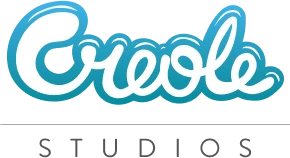

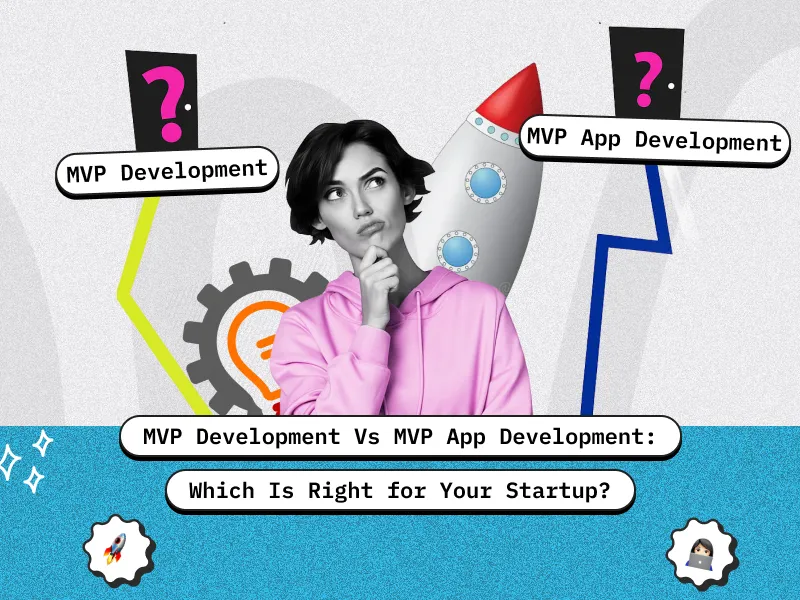








 30 mins free Consulting
30 mins free Consulting 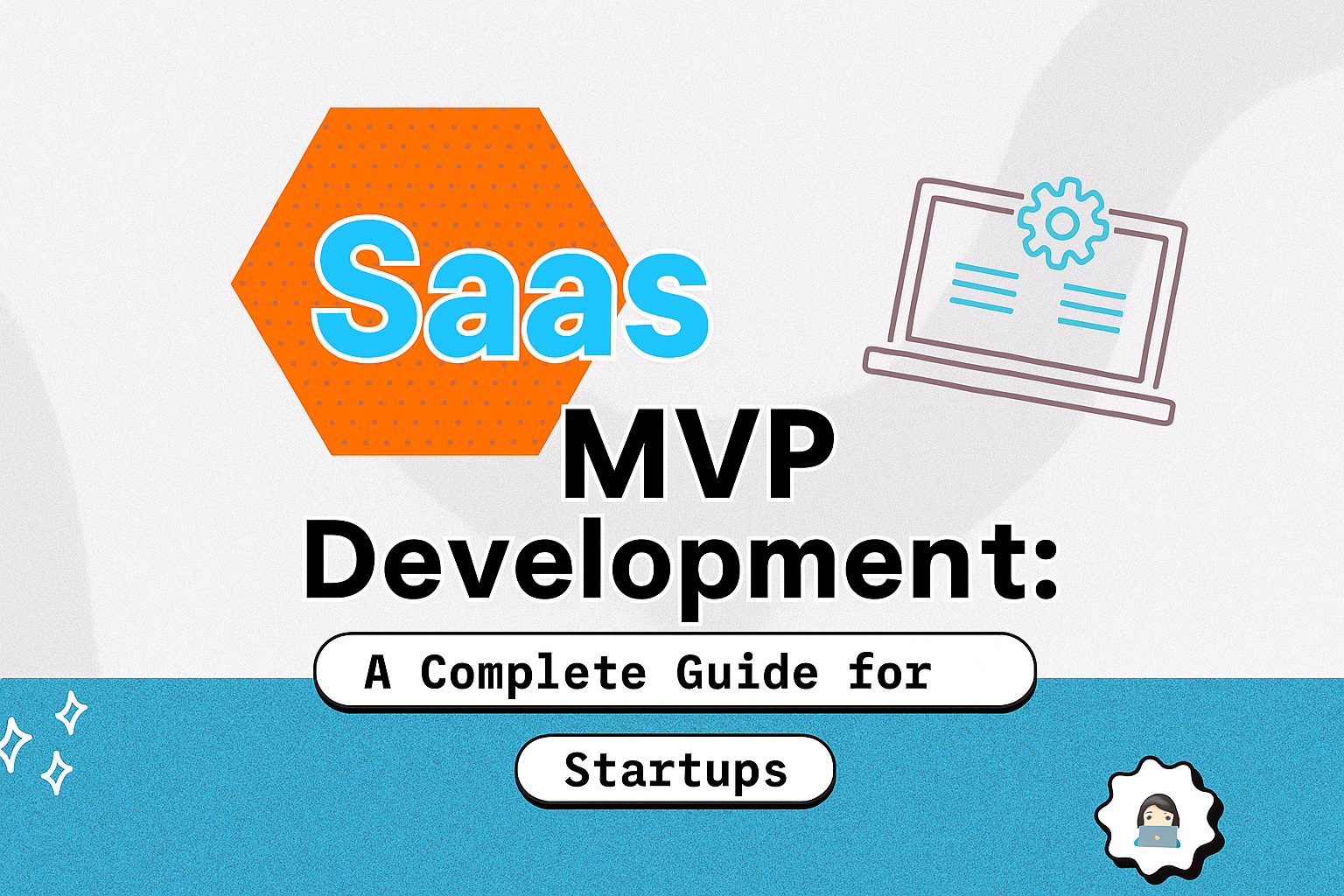
 10 min read
10 min read 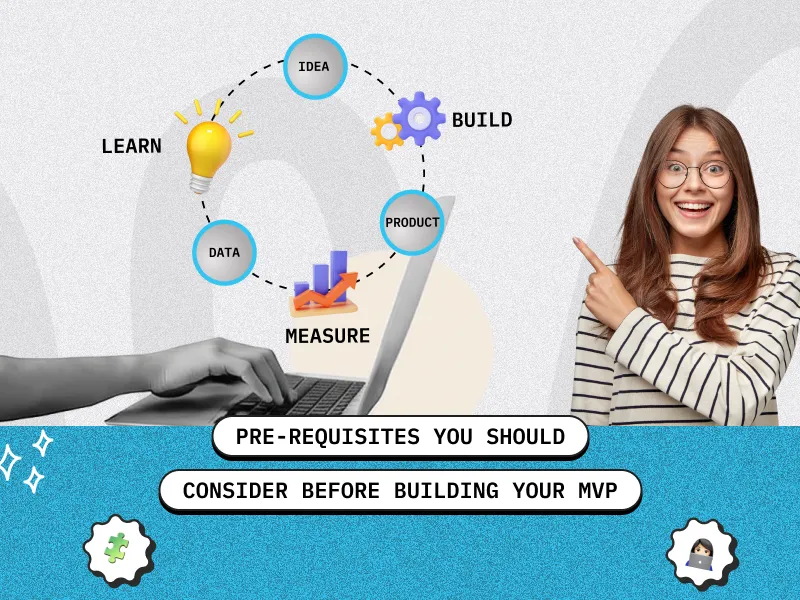
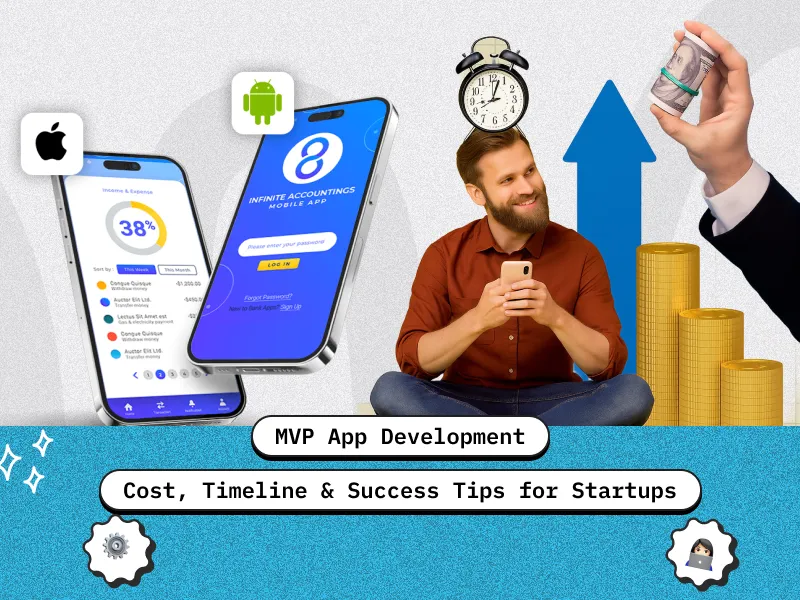
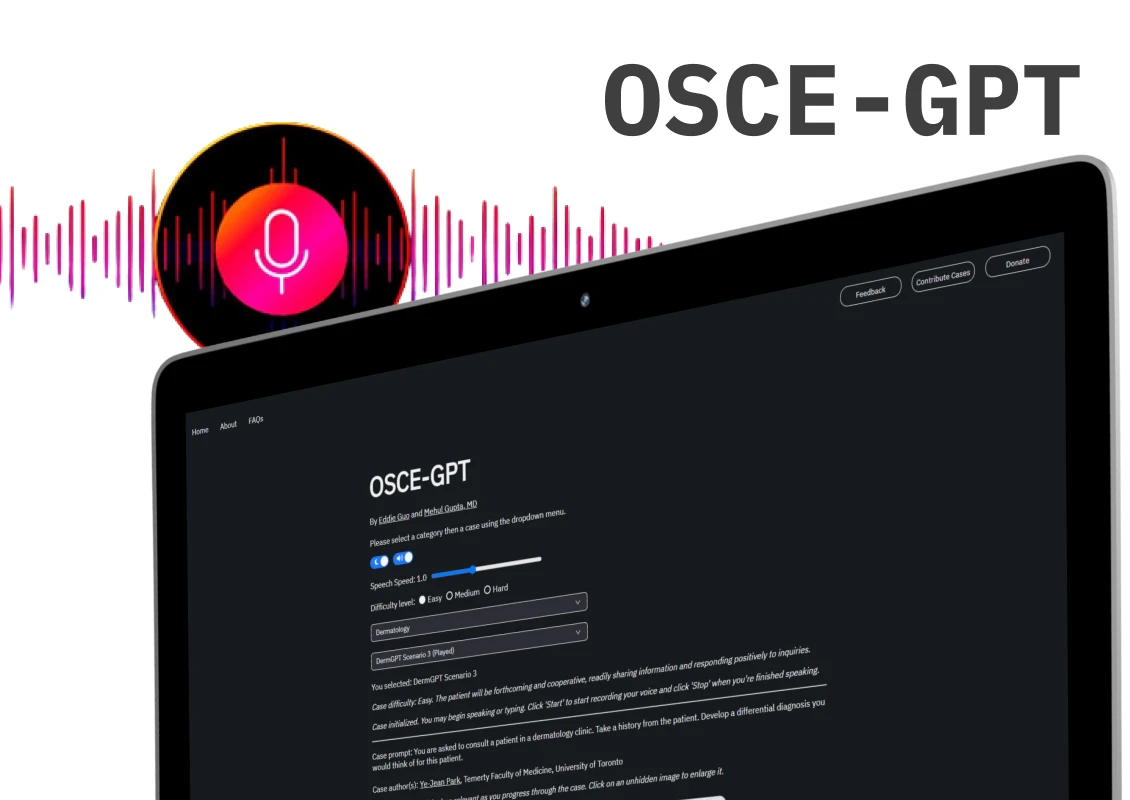
 Canada
Canada 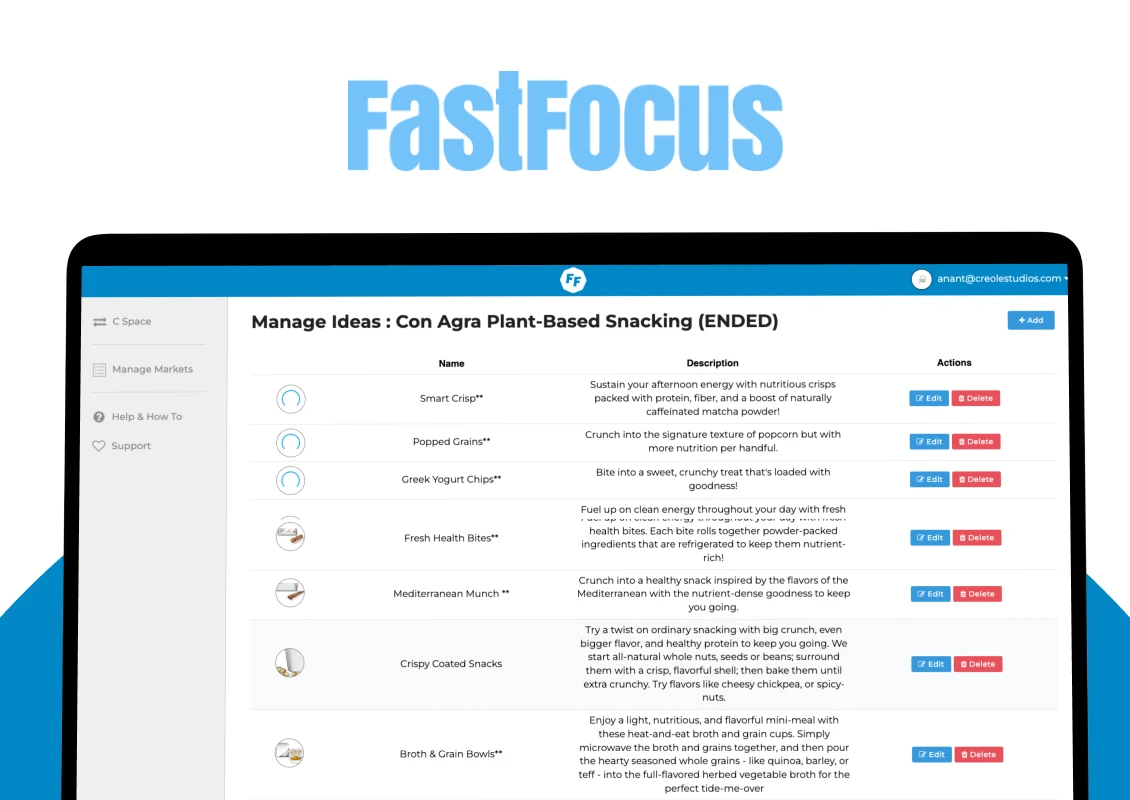
 USA
USA 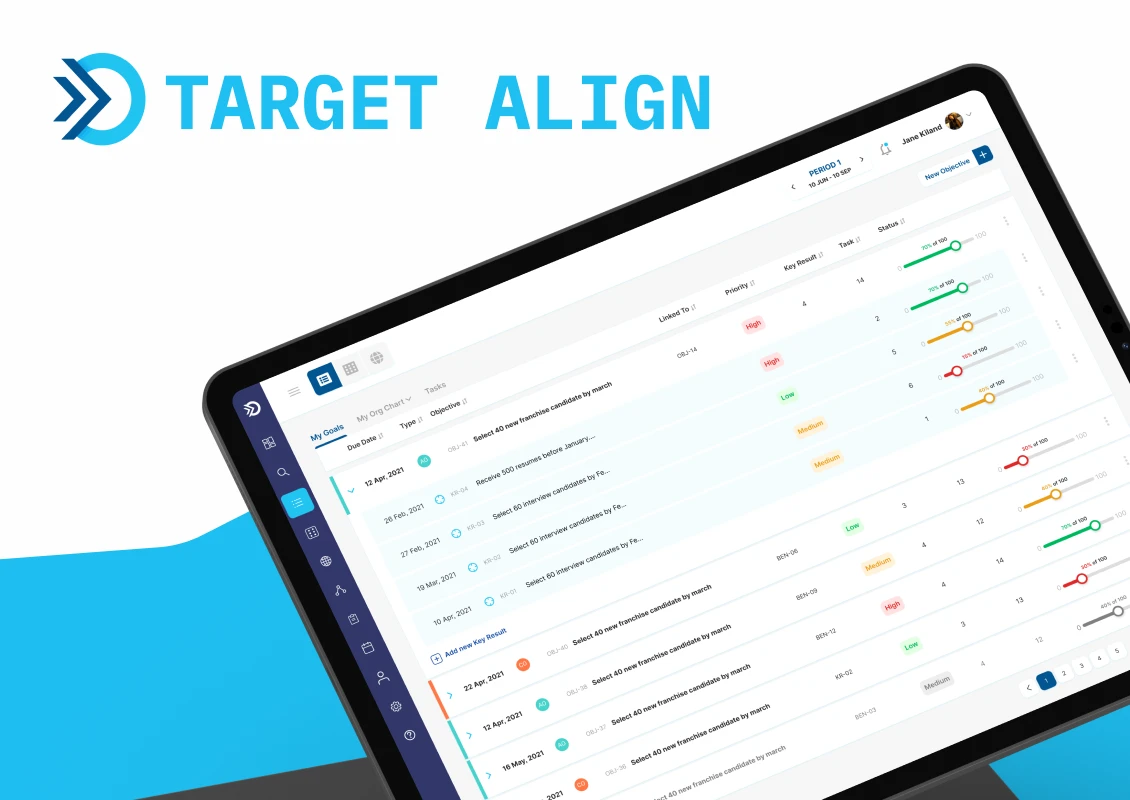






 Love we get from the world
Love we get from the world 